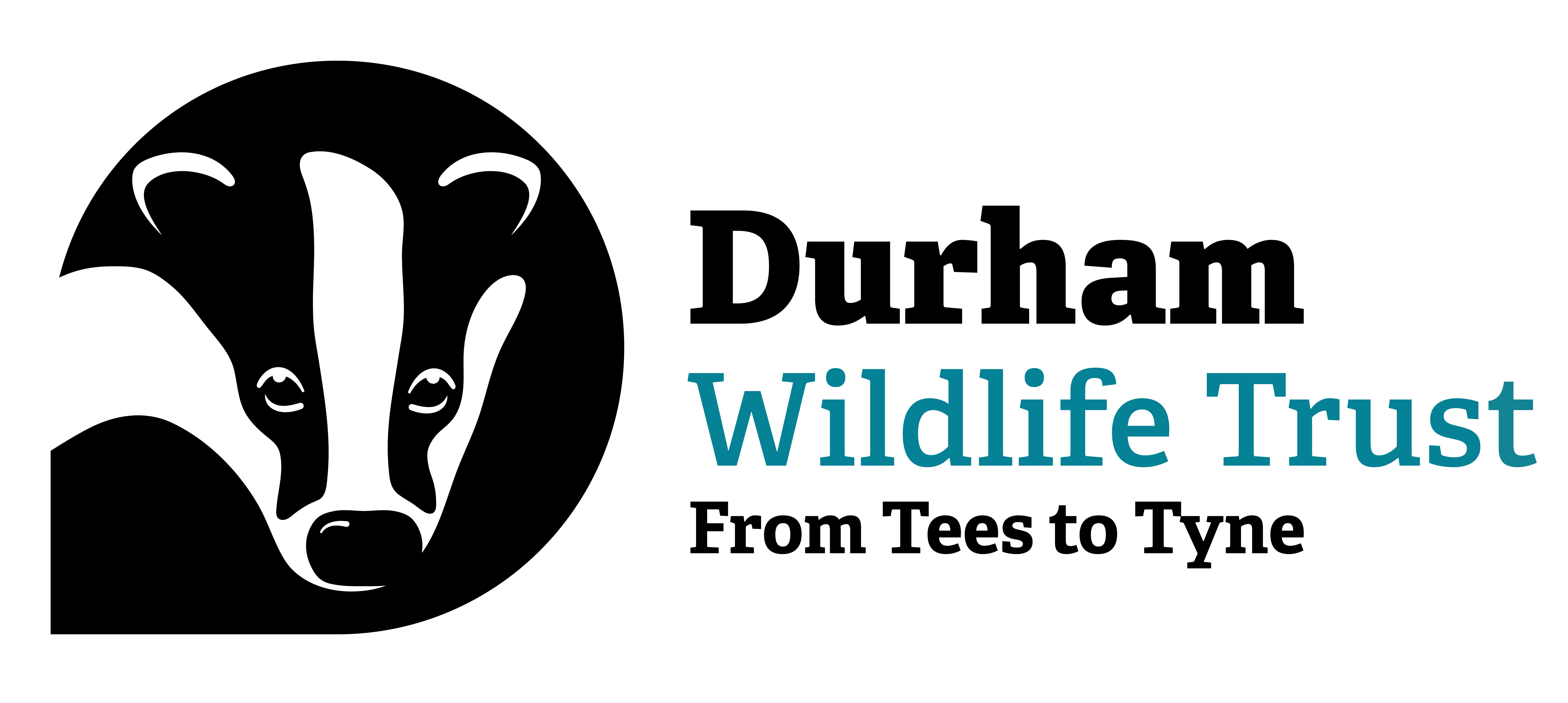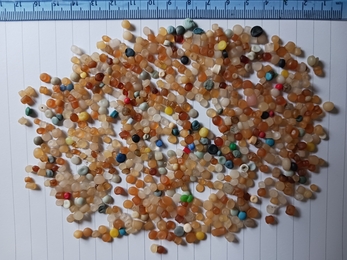October marks the return of the Great Global Nurdle Hunt, and people across the world have been heading to the coast to take part in this vital citizen science project. Equipped with sieves, tweezers, and a keen eye, volunteer are searching for nurdles - very small pellets of plastic, which serve as raw materials in the manufacture of plastic products. Measuring only 3-5mm, most nurdles are clear or white, turning yellow over time – though, they can be found in a wide range of colours.
We’re going on a nurdle hunt
Beach clean nurdles
Nurdles can spill directly into the environment during the handling and transportation stages within the plastic supply chain. These tiny plastic pellets spill from factories, while in transit, and even directly into the ocean from ships carrying nurdle-filled containers. Once in the environment, they can have a HUGE impact - wildlife can mistake them for food and ingest them, and from there, they can enter the food chain. Not only that, nurdles attract and concentrate environmental pollutants onto their surface. They’re one of the largest sources of primary microplastics, and they’re extremely difficult to clean up due to their small, lightweight properties – they can very easily be blown or washed into drains, entering waterways.
Volunteers joined Durham Wildlife Trust and the Heritage Coast Partnership as part of our ongoing beach care efforts, to carry out our own nurdle hunts. The chart below shows the survey findings:
|
Location |
Nurdle Count |
| Nurdle Hunt 1: Seaton Carew Beach |
184 |
| Nurdle Hunt 2: Crimdon Beach |
323 |
| Nurdle Hunt 3: Seaton Carew Beach |
163 |
That’s a total of 670 nurdles collected from only three surveys, highlighting just how many of these tiny plastic pellets are hidden along our coastline, often going completely unnoticed.
Each nurdle collected is a small but important step towards protecting marine ecosystems, and this valuable data contributes to a global effort to understand and reduce plastic pollution. Whilst the scale of plastic pollution can feel overwhelming, taking part in a beach clean and/or nurdle hunt are simple ways to make a real impact. Join a beach clean, go on a nurdle hunt, and help protect our ocean!







